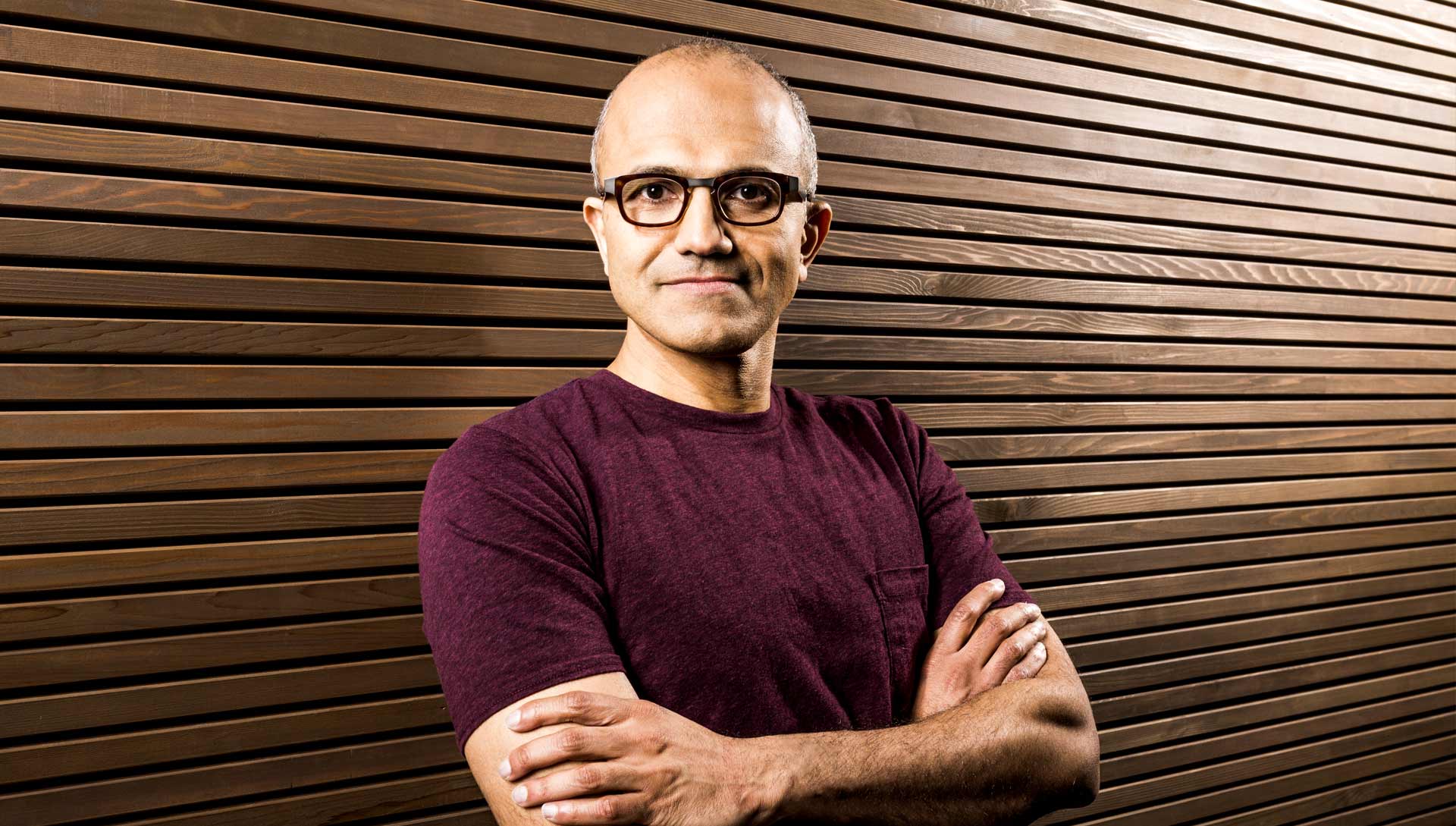Satya Nadella: What does a new CEO mean for Microsoft and its customers?
The poetry loving 46-year-old cut his teeth on Microsoft's cloud and enterprise services, but how will this expertise help the company move forward?

Microsoft has officially announced its third CEO, nominating 46-year-old Satya Nadella as Steve Ballmer’s successor. Official soundbites from the company’s press office have been as glowing as you would expect, but what does the appointment mean for the company and for its customers?
The most apparent change will be India-born Nadella’s demeanour. Technology watchers have become used to the bombastic, over the top attitude that defined Ballmer’s tenure at the company, and Nadella, by comparison, appears to be a calmer, more thoughtful figure.
Although this change in personalities won’t affect how customers use Microsoft products, the new sense of humility might give the company the space it needs to revitalise some of its ailing services. No one can deny that Ballmer loved the company, but his cheerleading attitude sometimes involved turning a blind eye to Microsoft’s flaws.
In an open letter to his new employees, Nadella strikes a different tone, defining what Microsoft’s successes have been but also tacitly acknowledging where the company has failed.
"To paraphrase a quote from Oscar Wilde — we need to believe in the impossible and remove the improbable," writes Nadella. "This starts with clarity of purpose and sense of mission that will lead us to imagine the impossible and deliver it."
He says the Microsoft needs to “prioritize innovation” and “drive cultural change” deep within the company. In practical terms this is going to involve bulking out Microsoft’s cloud services and bolstering the company’s ability to challenge Amazon and Google in this sector.
Nadella has spent 22 years at Microsoft and prior to becoming CEO was head of the company’s cloud and enterprise group. In second-quarter earnings reports released last month, it was revealed that this division had seen revenues jump up 107 per cent.
Nadella has had success in moving the company’s server services over to the cloud, and it’s thought that similar efforts might be made in mobile. While businesses are still tied in to using Windows and Office products on desktop devices for some years, Microsoft has yet to optimise these products (especially the latter) for mobile and touchscreen devices.
Apple has already made some developments in this area, specifically in the repositioning of its productivity suite iWork as free to download with a simpler interface. However, no single company has cracked services such as word processing for this market, and Nadella could help lead this charge.
A new emphasis on cloud computing might also become important for the company’s Xbox division. Although investors often called on Ballmer to drop this and other consumer businesses, some in the company – including Bill Gates – saw the console as way into the living room. Xbox’s cloud gaming service has been talked about a lot but has yet to see any public release - if successful it could soon widen out to encompass other entertainment services.
Efforts such as these are likely to be the most visible changes for Microsoft customers, but the future of the company's hardware - specifically the Surface tablet and the Windows Phone business - are less certain. A focus on cloud computing may help Microsoft future-proof its enterprise division, but other divisions may take more concrete changes.
Join our commenting forum
Join thought-provoking conversations, follow other Independent readers and see their replies
Comments